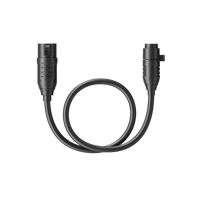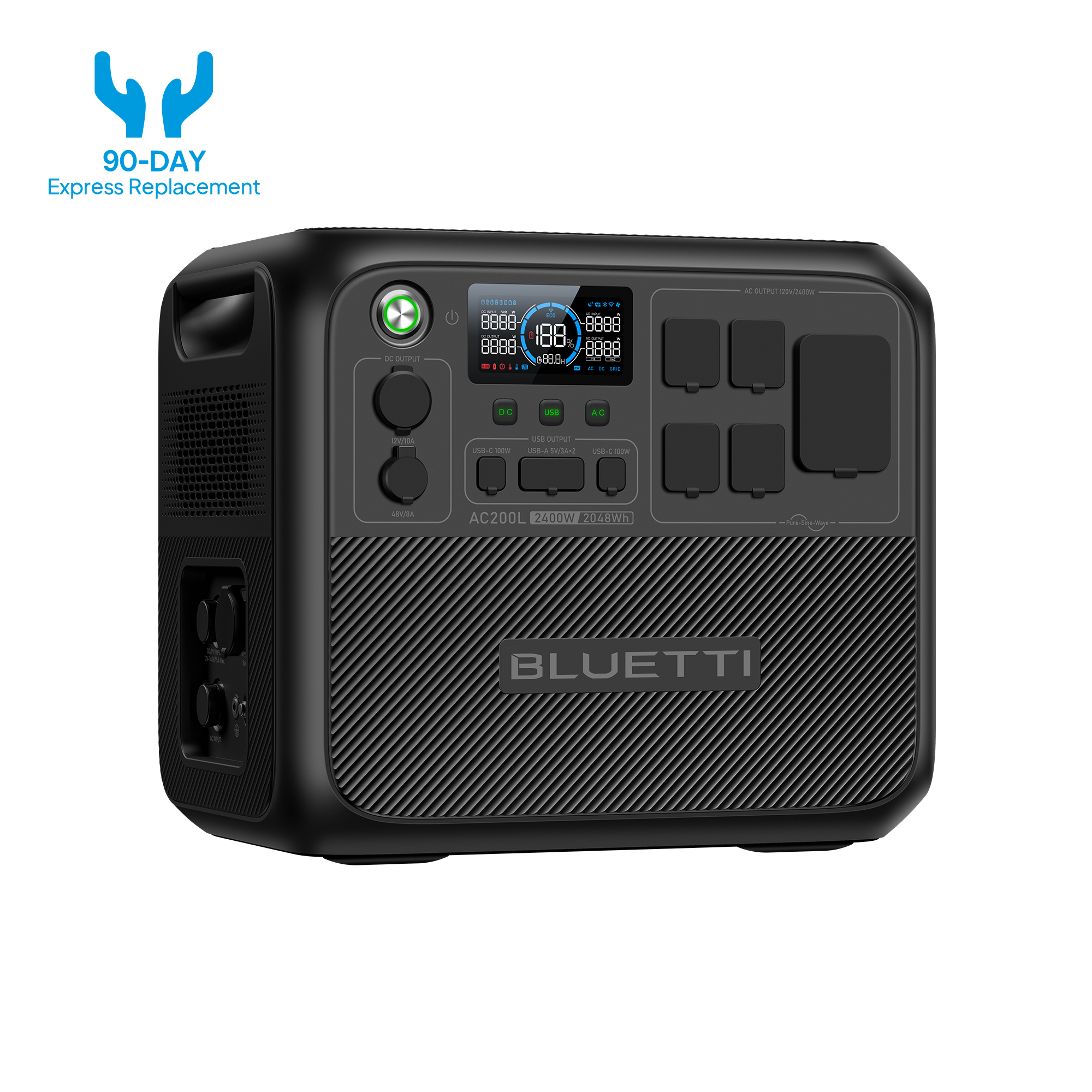Your cart is empty
Shop our productsYou plug in your phone to charge it up, walk away for a bit, come back, and it feels like it’s been sunbathing in Death Valley. Sound familiar? You're not alone. A hot phone while charging is something almost everyone has dealt with, and honestly, it can be kind of unsettling.
Sometimes, it’s totally normal; other times, it may be a red flag. So, let’s break it all down in real-people terms. Why your phone gets warm (or blazing hot) when it’s charging, what you can do about it, and how to keep your device cool, safe, and functioning as it should.
Why Is My Phone Hot When Charging?
Let’s jump right into the heart of it: why is my phone hot when charging? The answer isn’t simple—several factors often work together to make your phone heat up. Some are harmless; others are not so much.

Fast Charging = More Heat
Fast charging is great when you’re short on time, but there’s a trade-off. Pumping power into your phone quickly can make it heat up. A fast charge dumps a lot of energy into your battery in a short time, which causes heat as a natural byproduct. Think of it like sprinting vs. walking; you get there quicker, but you’re going to sweat.
Background Apps Are Sneaky
Even if you’re not actively using your phone, apps running in the background can keep the processor working. Activities like streaming music, downloading updates, and syncing to the cloud can all contribute to overheating. Your phone’s trying to charge and do a bunch of tasks at once, which makes it heat up like a laptop with 37 Chrome tabs open.
The Charger Could Be the Culprit
Not all chargers are created equal. Using a sketchy off-brand charger or the wrong wattage adapter can mess with your phone’s power management system. It might try to pull more juice than it should or struggle to regulate the flow, which makes everything hotter than it needs to be. Cheap cables and knockoff bricks are risky!
Power Supply Matters Too
Sometimes the problem isn’t the charger or the cable; it’s the actual outlet or power source you’re using. An unstable or dirty power supply, like what you might get from an old extension cord, unreliable wall socket, or dodgy generator, can cause fluctuating voltage. Your phone's internal charging circuitry has to work harder to regulate the inconsistent flow, which ramps up heat production. Over time, this can put stress on both the battery and internal components, leading to erratic behavior and even permanent damage if ignored.
A More Technical Explanation
From a technical perspective, your phone’s lithium-ion battery generates heat during charging due to internal resistance. The faster you try to push current through the battery (think fast charging), the more heat builds up. Inside the device, the charging circuitry, especially the power management IC (integrated circuit), has to regulate voltage and current levels constantly. Add to that any active processes like high CPU usage or background syncing, and you’ve got a perfect storm of heat sources. Without proper thermal management, all this activity raises internal temperatures quickly, stressing both hardware and battery.
Is Phone Overheating Dangerous?
Short answer: sometimes.
Battery Wear and Tear
Constant overheating isn’t just uncomfortable to touch; it can take a toll on your battery. Heat degrades battery cells over time, which means your phone won’t hold a charge as well or for as long. You might think your phone is just getting old, but really, it's been slowly roasting itself to death.

Performance Issues
Too much heat makes your phone sacrifice its performance. That’s why everything suddenly slows down or gets glitchy when your device gets too warm. It’s your phone’s way of trying to cool off.
Safety Hazards
Extreme cases of overheating can damage internal components. And while rare, there have been cases where lithium batteries have expanded, leaked, or even caught fire due to excessive heat. That’s not to scare you, just to say ignoring constant overheating isn’t a smart move.
How to Stop Phone from Overheating While Charging (Immediate Fixes)
Alright, let’s talk about what you can do right now if your phone is running hotter than a summer dashboard.
1. Use the Right Charger
Stick with chargers from reputable brands or the ones that came with your device. Make sure the wattage matches your phone’s recommended specs. Overpowered or underpowered chargers both cause trouble.
2. Ditch the Phone Case (Temporarily)
Some cases trap heat. If your phone is overheating while charging, take the case off and give it room to breathe.
3. Don’t Use Your Phone While Charging
Yes, we know. You want to watch videos, play games, or scroll Instagram while your phone is plugged in. But if your device is already warming up, adding more workload is only going to make it worse.

4. Kill Background Tasks
Close unused apps and clear the recent apps tray. Turn off Wi-Fi, Bluetooth, GPS, or any sync settings you don’t need. Less multitasking = less stress = less heat.
5. Find a Cool Spot
Don’t charge your phone in direct sunlight, on a warm bed, or under your pillow. It’s not just bad for heat dissipation; it can be dangerous.
6. Use a Reliable Power Source
Use a clean, stable power supply like a reputable wall charger or a portable power station to keep charging safe and cool.
Charging Your Phone Safely with BLUETTI Portable Power Stations
Now let’s talk about something smarter than your average wall plug:
BLUETTI’s AC200L portable power station.
If you’re serious about keeping your phone cool and your power steady, this thing is a game-changer.

Regulated Power = No Power Spikes
One big reason phones overheat is fluctuating power from unreliable outlets or poorly made chargers. The BLUETTI AC200L delivers consistent, regulated energy, which means your phone gets a clean, steady stream of power. No spikes. No stress. No random overheating.
Fast Charging Without the Fire Hazard
This station supports fast-charging protocols the right way. It’s engineered to handle high-output charging safely, making it ideal for today’s power-hungry devices. And since it supports multiple output ports (USB, USB-C, AC, and more), you can charge multiple devices at once without cooking them.
Portability with Peace of Mind
Whether you’re camping, traveling, or just sick of sketchy hotel outlets, the AC200L gives you portable, stable power without the risk.
Extra Battery Life = Less Frequent Charging
Because it can charge your devices multiple times over, you won’t need to top off your phone every hour. Less frequent charging = less heat build-up over time.
You can find out more about the BLUETTI AC200L here.
Preventive Tips From Overheating While Charging (Long-Term Prevention)
Now that we’ve cooled things down a bit, let’s talk about what you can do long-term to keep your phone happy and heat-free.
Charge Smart
Avoid charging to 100% or letting your battery dip to 0% all the time. Try to keep it between 20% and 80% if you can. This range helps minimize the stress placed on battery cells, which improves longevity and maintains charging efficiency. Lithium batteries love moderation.
Keep Software Updated
Yes, those updates are annoying, but they often include bug fixes for battery management. A wonky app or outdated system can mess with power usage and cause overheating.
Turn on Power Saving Mode
When charging, switch to power-saving mode if your phone has it. It limits background activity and keeps things running cooler.
Avoid Wireless Charging in Hot Rooms
Wireless charging pads generate extra heat. If your space is already warm, maybe skip the fancy pad and go old-school with a quality cable.
Be Picky with Your Apps
Some apps are just badly coded and hog resources. Check your battery usage stats in settings. If one app is a consistent power hog, it’s time to cut it loose or find a better alternative.
FAQs
Is it safe to charge overnight?
It can be if you’re using a good-quality charger and your phone has built-in safeguards. Still, overnight charging keeps your phone at 100% longer than needed, which isn’t ideal for battery longevity. If you must do it, at least keep your phone in a cool, well-ventilated spot.
Does fast charging always cause heat?
Fast charging naturally generates more heat than slow charging. But good chargers and built-in safeguards manage this well. It becomes a problem when paired with bad cables, blocked ventilation, or background activity.
Can a hot phone explode or catch fire?
In rare and extreme cases, yes. A severely overheated battery can become unstable. But most phones today are designed with thermal protections that shut things down before it gets that bad. Still, don’t ignore overheating; it’s your phone asking for a break.
Conclusion
So, why is your phone hot when charging? It could be fast charging, overworked processors, cheap accessories, or just the environment it’s sitting in. The good news? Most of these problems are easy to fix with a few small tweaks.
- Use the right charger
- Let your phone breathe
- Don’t charge and scroll for hours
- Power down apps and settings you’re not using
- Consider a reliable solution like the BLUETTI AC200L portable power station for safe, clean, and consistent power anywhere you are
By knowing how to prevent overheating while charging, you’re not only making your phone safer to use, but also extending its lifespan. So do your phone a favor and put the advice in the article to use.
Shop products from this article
You May Also Like

How To Recharge a Car Battery: A Simple Yet Extensive Guide

































































































































































































































































